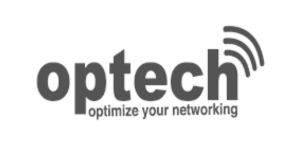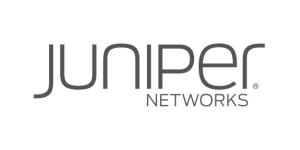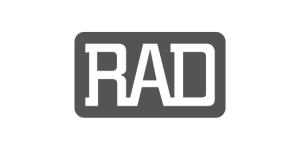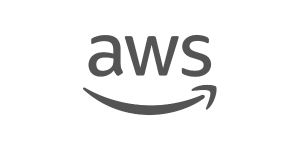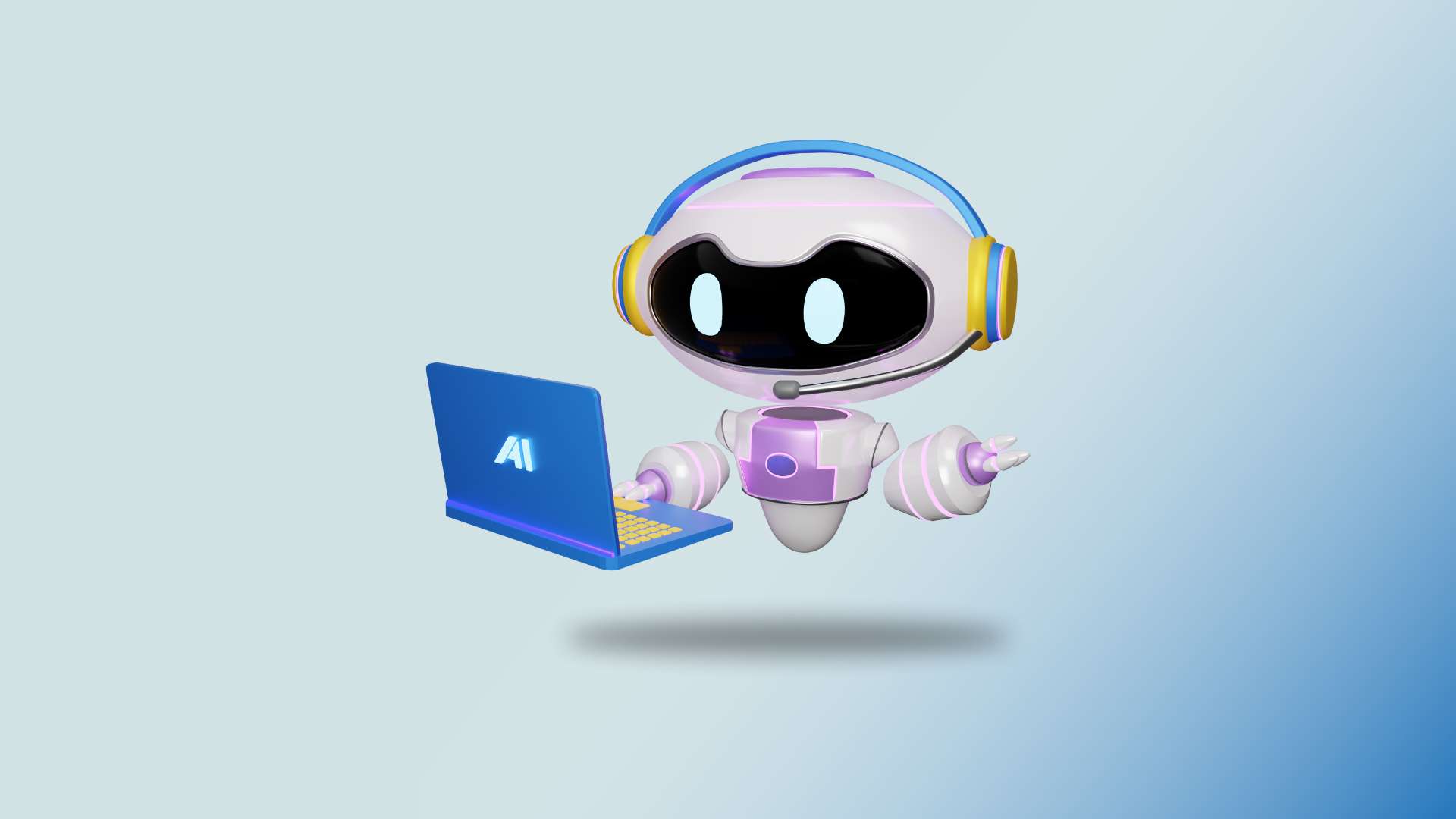
The advent of Artificial Intelligence (AI) and automation has been a game-changer in many industries, with recruitment being no exception. These technologies promise to streamline the hiring process, enhance decision-making, and improve efficiency. However, as with any significant technological advancement, it comes with its own set of challenges and ethical considerations. This blog aims to dissect the role of AI and automation in recruitment, evaluating whether they serve as a boon or a bane to the industry.
The Rise of AI and Automation in Recruitment
Recruitment has traditionally been a human-centric process, involving manual screening of resumes, conducting interviews, and making hiring decisions based on experience and intuition. The integration of AI and automation has revolutionized this process by enabling the analysis of large volumes of applications quickly, identifying the best candidates based on predefined criteria, and even conducting initial screening interviews.
Boon
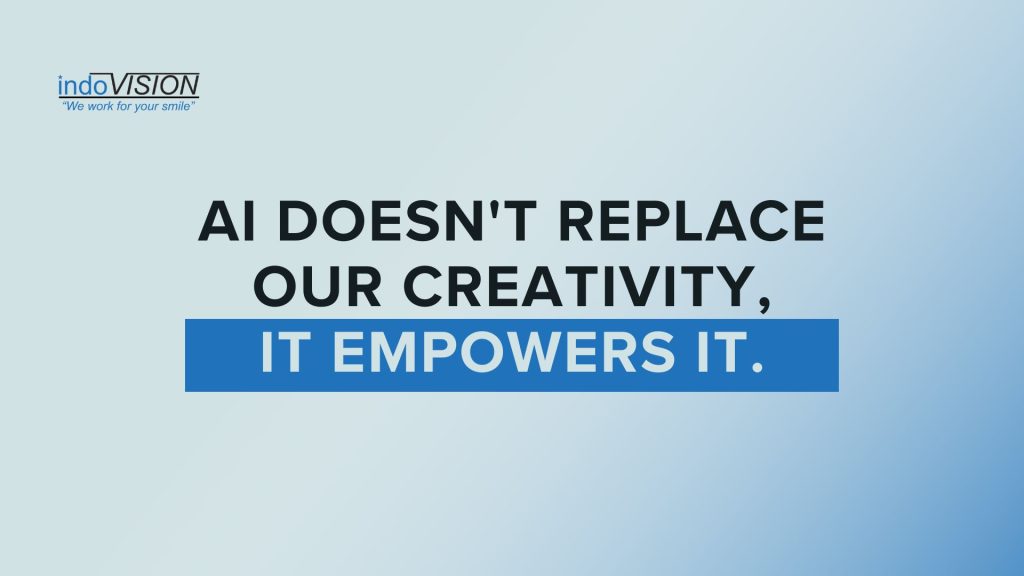
The advantages of AI in recruitment are undeniable. Efficiency has skyrocketed with AI-powered applicant tracking systems (ATS). A 2021 study revealed that 58% of organizations already used an ATS, with 74% reporting increased efficiency in screening candidates. By analyzing resumes and conducting initial interviews based on predefined criteria, AI saves recruiters precious time for strategic activities like building candidate relationships and crafting impactful job descriptions.
Objectivity is another boon. Biases, both conscious and unconscious, can plague traditional hiring practices. AI, devoid of human preferences, ensures a fairer playing field. A 2023 report by the Forbes AI Council found that 67% of organizations believe AI helps reduce bias in recruitment. This fosters diversity and inclusion, bringing a wider range of talent to the table.
But what about predictive power? AI goes beyond mere resume screening. By analyzing past hiring data, it identifies patterns and predicts success potential. For instance, IBM’s Watson Personality Insights assesses cultural fit and adaptability, leading to better hires and improved organizational performance. A 2022 study by Gartner revealed that 62% of HR leaders believe AI improves the quality of hires.
Finally, data-driven decisions underpin successful recruitment. AI provides comprehensive analytics on candidate profiles, interview performance, and hiring outcomes. This allows for continuous improvement, leading to smarter and more effective talent acquisition strategies. A 2023 study by McKinsey & Company found that companies using data-driven talent acquisition see 2-3 times the improvement in new hire performance. Let’s learn more about its advantages:
- Efficiency and Speed: AI-driven tools can scan thousands of resumes in minutes, identifying candidates who match specific job requirements much faster than a human could.
- Reduced Bias: By focusing on skills and qualifications rather than demographic characteristics, AI can help mitigate unconscious bias, promoting a more diverse and inclusive workforce.
- Enhanced Candidate Experience: Automation in scheduling interviews, answering queries through chatbots, and providing timely updates can improve the overall candidate experience.
- AI-Powered Resume Screening: A multinational corporation implemented an AI system to screen resumes for a highly competitive internship program. The AI was programmed to identify key skills, academic achievements, and relevant project experience, processing over 10,000 applications in a matter of hours. This efficiency allowed the recruitment team to focus on engaging with a shortlist of highly qualified candidates, significantly speeding up the hiring process.
- Chatbots for Candidate Engagement: A tech startup used an AI-driven chatbot to interact with candidates during the application process. The chatbot answered frequently asked questions, provided updates on application status, and even scheduled interviews. This not only improved the candidate experience by providing instant responses but also freed up the recruitment team’s time to focus on more strategic tasks.
- Automated Video Interviews: A financial services firm introduced an automated video interviewing platform that used AI to analyze candidates’ responses, speech patterns, and facial expressions. This initial screening helped identify candidates whose communication skills and demeanor matched what the company was looking for, enhancing the quality of candidates who advanced to the next stage.
Bane
However, over-reliance on AI can unleash its bane. Algorithmic bias remains a critical concern. If training data reflects societal biases, it can unfairly screen out qualified candidates based on factors like gender, race, or age. A 2022 report by the Algorithmic Justice League found that facial recognition algorithms used in recruitment often misidentify people of color, leading to discrimination.
Another challenge is the dehumanization of the process. Building rapport, gauging soft skills, and understanding cultural nuances are irreplaceable human strengths. Over-reliance on AI can neglect these crucial aspects, leading to mis-hires and employee dissatisfaction. A 2021 study by Harvard Business Review found that candidates who experience automated interviews report feeling less connected to the organization and less likely to accept an offer.
Finally, job displacement anxieties loom large. While some roles might evolve or merge, a 2023 World Economic Forum report estimates that automation will displace 85 million jobs by 2025. However, experts agree that AI is unlikely to completely replace human recruiters. Instead, it will augment their capabilities, allowing them to focus on higher-level tasks that require emotional intelligence and strategic thinking. Below are more things to consider:
- Over-Reliance on Algorithms: There’s a risk of over-relying on AI, potentially overlooking candidates who may not match the exact criteria but possess valuable soft skills and potential.
- Loss of Personal Touch: Automation might lead to a depersonalized recruitment process where candidates feel more like numbers than potential employees.
- Bias in AI Algorithms: An AI system used by a large tech company was found to inadvertently favor male candidates over female candidates for technical roles. The bias stemmed from the historical data fed into the AI, which reflected the industry’s existing gender imbalance. This example highlights the need for careful monitoring and adjustment of AI algorithms to prevent perpetuating existing biases.
- Depersonalization of the Hiring Process: A retail chain implemented an entirely automated recruitment process for store positions, from application screening to interview scheduling and even initial onboarding. While this approach was efficient, it led to feedback from candidates who felt the process was impersonal and alienating, suggesting the importance of human interaction in creating a positive candidate experience.
- Data Privacy Concerns: The use of AI in recruitment raises significant data privacy issues as sensitive candidate information is collected, stored, and analyzed. A consulting firm faced backlash after it was revealed that their AI-driven recruitment system collected and analyzed not just the information provided by candidates but also scraped data from their public social media profiles without clear consent. This raised serious data privacy concerns and highlighted the ethical considerations of using AI in recruitment.
Navigating the Boon and Bane: A Human-Centric Approach:
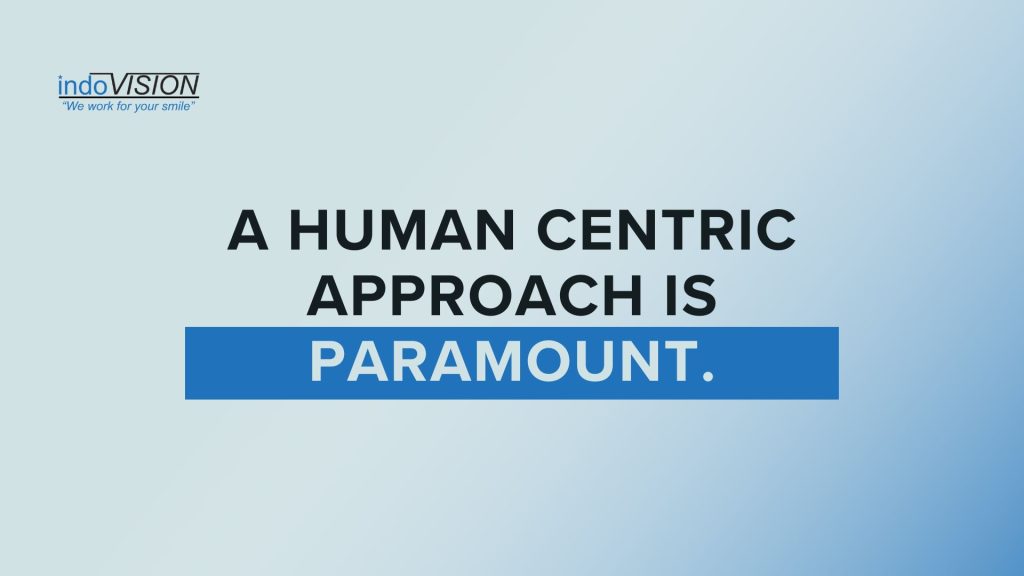
As we navigate this evolving landscape, a human-centric approach is paramount. Here are key strategies to maximize the boon of AI while mitigating the bane:
- Embrace Human-AI Collaboration: View AI as a valuable assistant, not a replacement. Combine its analytical power with your experience and intuition for optimal results.
- Prioritize Diversity and Inclusion: Actively address algorithmic bias by auditing your AI tools and incorporating diverse perspectives into their development and usage.
- Focus on Upskilling and Reskilling: Prepare your workforce for the changing landscape by equipping them with the skills needed to thrive alongside AI.
- Seek transparency and explainability. Be transparent about your AI usage and explain how it impacts candidates. Allow for human intervention and provide appeal mechanisms for any concerns.
- Invest in Ethical AI Practices: Establish ethical guidelines for responsible AI development and implementation in your recruitment process.
AI and automation in recruitment are neither solely a boon nor a bane; they are tools whose value depends on how they are used. When implemented thoughtfully, with a focus on ethical considerations and human oversight, they can significantly enhance the recruitment process. However, it’s crucial to remain vigilant about the challenges they pose and work continuously to mitigate any negative impacts. By striking the right balance, the recruitment industry can harness the power of AI and automation to create a more efficient, inclusive, and human-centric hiring process.
This exploration of AI and automation in recruitment highlights the nuanced impact these technologies have on the industry. As we continue to navigate their integration, it's clear that the path forward is one of balanced adoption, constant evaluation, and a commitment to ethical practices. In doing so, we can ensure that AI and automation serve as a boon to recruitment, enhancing rather than detracting from our collective efforts to build a better workforce.
FAQs
Can AI reduce bias in recruitment if human screening is also involved?
Yes, AI can help reduce unconscious bias by objectively analyzing skills and qualifications. However, by combining AI with human screening, Indovision Services takes a comprehensive approach to mitigate bias. Our human recruiters are trained to recognize and counteract potential biases, ensuring a fair and inclusive recruitment process.
Can automation in recruitment lead to a less personalized candidate experience?
While there’s a concern that automation might depersonalize the recruitment process, many organizations are using these tools to enhance candidate engagement. Automation can streamline administrative tasks, allowing recruiters to focus more on personalized interactions with candidates, such as detailed interviews and feedback sessions.
What are the ethical considerations of using AI for recruitment?
Ethical considerations include ensuring fairness, avoiding bias, respecting candidate privacy, and ensuring transparency in how AI algorithms make decisions. Organizations must regularly audit their AI tools to ensure they comply with ethical standards and legal requirements.
Are there any downsides to using AI and automation in recruitment?
Potential downsides include an over-reliance on algorithms, which might overlook candidates with valuable soft skills or potential; privacy concerns related to the collection and analysis of candidate data; and the risk of depersonalizing the recruitment process, making candidates feel undervalued.
Can AI really reduce bias in recruitment, or does it risk perpetuating existing biases?
AI has the potential to reduce bias by objectively evaluating candidates based on their skills and qualifications. However, if they are not carefully monitored and calibrated, AI algorithms can perpetuate existing biases. Regular auditing and updating of these algorithms are crucial to mitigating such risks.
How is the recruitment industry expected to evolve with the continued integration of AI and automation?
The recruitment industry is likely to become more efficient and data-driven, with AI and automation offering tools to enhance decision-making and streamline processes. However, the human element will remain crucial for interpreting data, making final hiring decisions, and ensuring a personalized candidate experience.
How does Indovision Services approach recruitment differently in the staffing industry?
Indovision Services prioritizes human efforts and thorough screening in our recruitment process. Unlike companies that rely heavily on AI and automation, we believe in the irreplaceable value of human interaction, judgment, and understanding to identify the best talent for our clients. This approach ensures a more personalized and effective matching process.
If not relying on AI and automation, how does Indovision Services handle large volumes of applications?
Despite focusing on human efforts, Indovision Services employs efficient workflow management and team collaboration to handle large volumes of applications. Our experienced recruiters use their expertise to swiftly and effectively screen candidates, ensuring no talent is overlooked and the best candidates are identified for our clients.
How does Indovision Services mitigate biases in recruitment without relying on automated systems?
Our recruitment team undergoes continuous training to recognize and counteract unconscious biases. By fostering a culture of diversity and inclusion, we ensure our recruiters make decisions that reflect these values. Our approach is hands-on, with multiple reviewers involved in the candidate selection process to further mitigate biases.
What makes human screening at Indovision Services more effective than automated screening?
Human screening allows us to look beyond keywords and qualifications, understanding the nuances of each candidate’s experience, potential, and fit for our clients’ culture. Our recruiters can interpret context, recognize potential, and engage in meaningful interactions with candidates, something automated systems cannot replicate.

